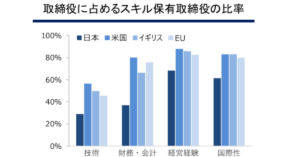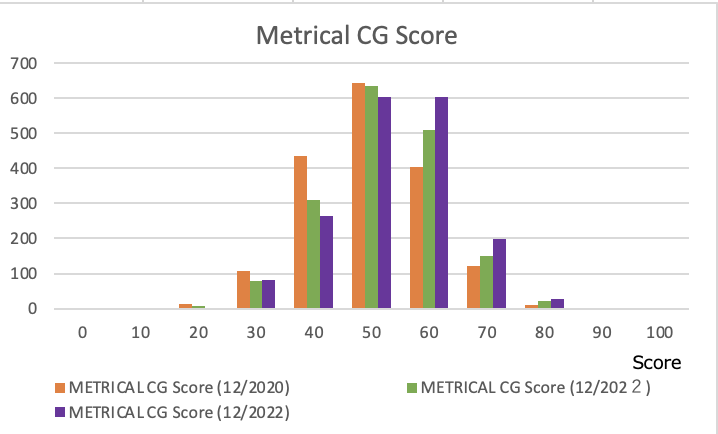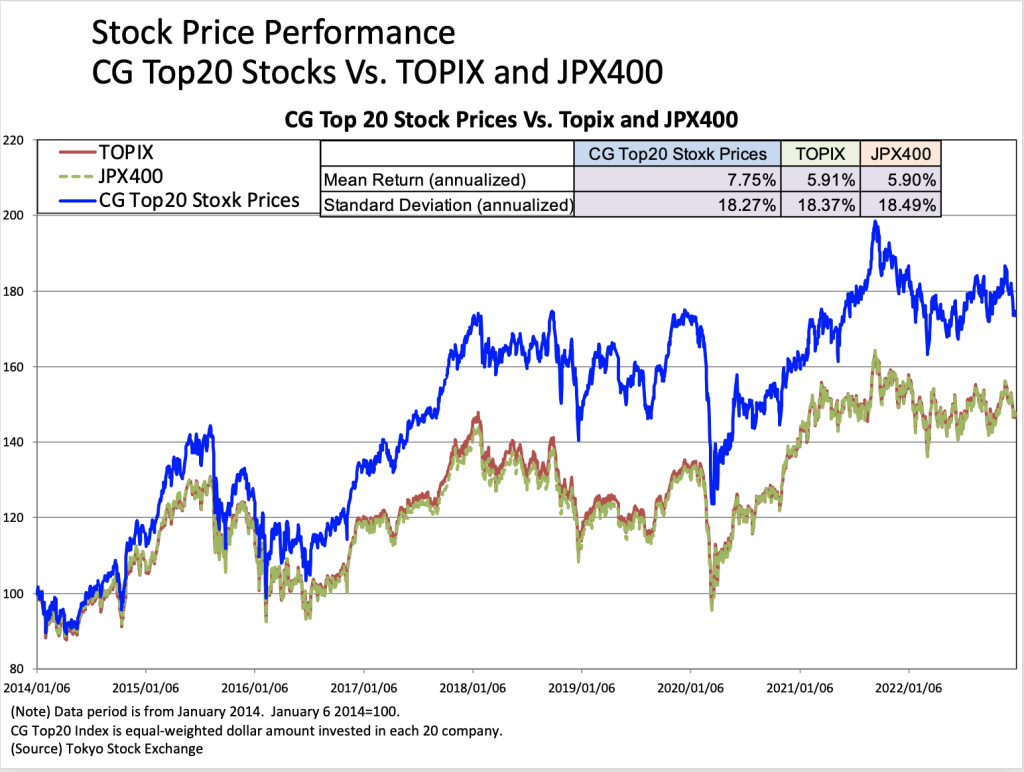
Why do I think director training is so important to Japan’s future? Because I have seen so much of what goes wrong behind the scenes, and the losses and pain that are caused, when boards do not function well here. I have a lot of “scar tissue”, as we say in English. What is really interesting, is how many commonalities there are in the causes for inadequate governance. The size of the company, and its industry, really do not seem to matter. It is the reverse of Tolstoy’s quote, as if “all Japanese boards that succeed do so in a different way, but all boards that fail, do so in the same way” If so, one would think this should make it easier to avoid governance failures.
My first experience as an outside director in Japan began in the year 2000, when the M&A advisory boutique that I led at that time, JTP Corporation, advised the US firm of MapInfo to conclude a strategic alliance and invest in a 25% capital raise by Alps Mapping in Nagoya. Alps (as it was known in Japanese) was an unlisted firm that was the third largest map publisher in Japan, and had excellent map data. The company was planning to go public at some time in the future. Because MapInfo had no staff in Japan at the time, I was nominated by MapInfo to serve on the board of Alps going forward, to protect not only its interests but also those of other shareholders, because MapInfo had no staff in Japan at the time.







